During his transition to a vegan diet, Biff found himself decidedly underwhelmed by a lot of the vegan food he sampled and after one too many tasteless bean burgers he decided to take things in to his own hands.
While the rest of the world was waxing lyrical about jackfruit and its likeness to pulled pork, Biff was working his magic on utilising it as an appetizing substitute for chicken. And after some long days spent recipe testing, he absolutely nailed his signature dish and with it, Biff’s Jack Shack was born.
We recently caught up with Biff and Christa to discuss the logistics of working together (think discussing burger recipes in bed) and how the street food revolution helped to reassure them that their gamble (they used the money they’d set aside for a deposit on a house to fund the business) would pay off.
Hey Biff and Christa! Thank you for being this week’s Caterer Motivator. For those who don’t know, can you tell us your story from the very beginning?
Hi! Yeah sure. We first came up with the concept for the business towards the end of 2016 when Biff was in the process of transitioning to a 100% vegan diet. I had been vegan for almost ten years at that point and after five years together, Biff decided he’d like to follow a vegan diet too. Biff had always loved indulgent food and was disappointed at the prospect of not being able have those kind of meals whilst adhering to his new lifestyle. So, faced with a string of sad bean burgers and struggling to find a vegan option that hit the spot, we set about creating our own meat alternative with jackfruit.
Jackfruit was being used as a ‘pulled pork’ alternative at the time but Biff had the idea to coat it in breadcrumbs and fry it as an alternative to chicken and from there our Crispy Fried Jackfruit was born!
What a great idea! Did either of you have any prior experience in the catering industry?
Biff ran a few pubs throughout his twenties and the first job he ever had as a teenager was working in McDonald’s. The knowledge he acquired in these roles really helped with understanding best practices, processes and efficiency. It’s been particularly helpful in scaling up to larger catering events and festivals.
Your branding is incredible – “less vegan preachy, more Venice beachy” as you say. Did you have a vision for the aesthetic of the business and if so, how did you go about fulfilling this/what was the process?
Your branding is incredible – “less vegan preachy, more Venice beachy” as you say. Did you have a vision for the aesthetic of the business and if so, how did you go about fulfilling this/what was the process?
In your opinion, is aesthetic aligned with success in this industry?
For us, Instagram is our biggest shop window, so our aesthetics have to be on point. You can of course do well without it, but you have to work twice as bloody hard!
You’ve worked for some really notable brands; how do you go about securing private events? Is it mainly word of mouth at this stage?
Some have been through word of mouth but a lot have come through working with KERB – they have dedicated events managers working with big companies to cater for parties, conferences and the lot.
What was the process behind creating your menu? Did it take a lot of experimentation to find out which flavours and textures worked with one another?
Travel was key! I think for a few years the UK was quite far behind other cities. We really took a lot of inspiration in the food coming out of New York and Berlin, which both have an incredible vegan scene, however it was Indonesia where we first discovered jackfruit.
Experimentation is definitely the best part of the job. Initially, we had a hunch with the Crispy Fried Jackfruit, but perfecting it took several months, and then when we started scaling it up, we had to continue tweaking it. Now, we have ‘test kitchen’ days where we’ll lock ourselves in the kitchen at home and just play about. For everything we cook up there something else doesn’t make it on to the final menu – we need to be picky!
Congratulations on your recently opened fixed site at Boxpark! We’re seeing more and more mobile caterers moving in to fixed site, particularly restaurants; if you were to do this in the future, would you be concerned about losing or lessening the caterer/customer interaction element of the business?
No, we still want to do markets and it’s an important element of our business but having a permanent base is great; it gives us stability and makes us more accessible to a broader audience who can’t always make lunchtime markets. In our case, our interaction with customers has enhanced if anything; the great thing about Boxpark and spaces like it, is that it still has a great street food vibe but with the benefits of running water and consistent electricity!
At what point in your catering journey did you become an NCASS member and in what ways has membership been most useful to you?
Joining NCASS was one of the first things we did – about three or four months before we ever set foot in a market. It was invaluable at the start particularly, it really equipped us with everything we needed to know to get up and running.
How have you found it working together? Has it been more or less challenging than you’d anticipated?
We actually met when we were working together in an office so its something we’re kind of used to. It can be stressful at times, when you’re sitting in bed talking about burger buns, but weirdly, many of the most successful street food traders we know are couples – so there’s gotta be something in it!
Glad to hear it (: What are your top tips for trading throughout the winter months when it’s undoubtedly much harder for mobile caterers?
Get as many inside gigs as you can so you can avoid being at the mercy of the weather!
What would be your advice to new caterers or those looking to get started, in just three words?
Work like hell!




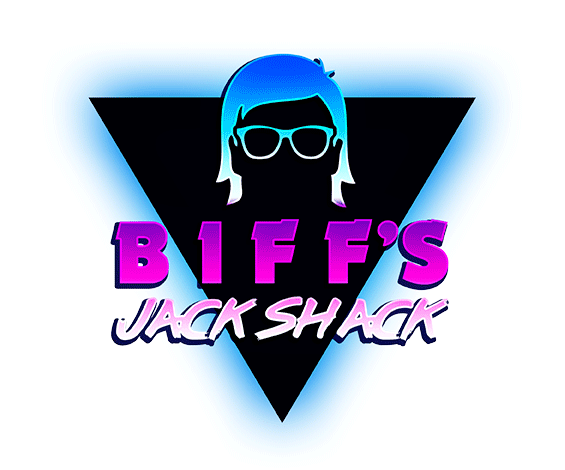
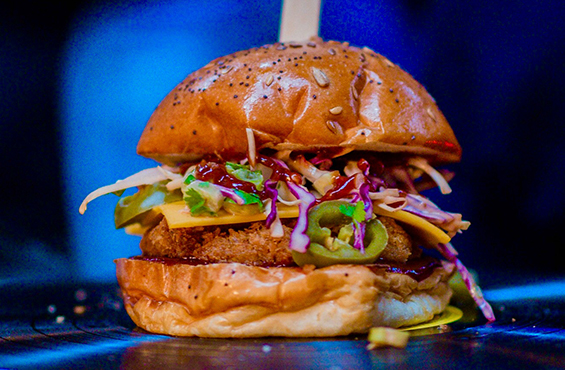

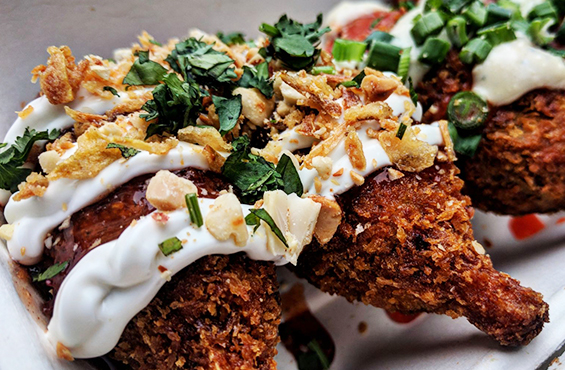
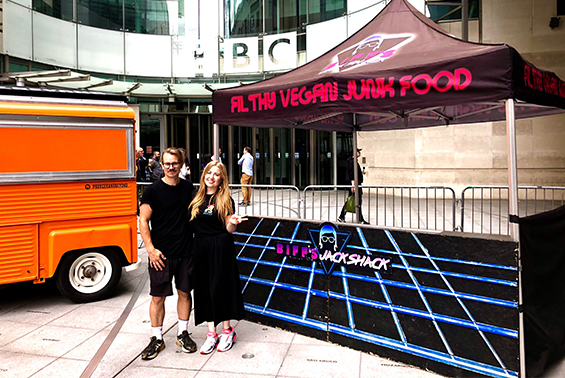
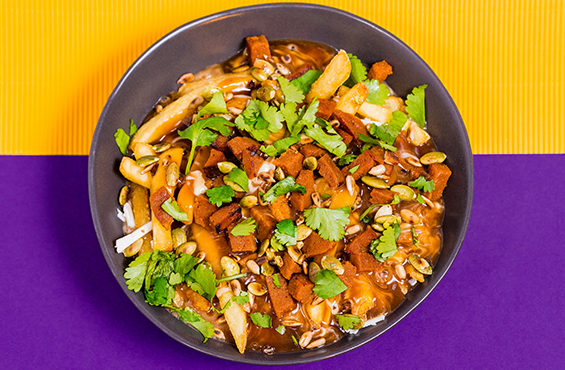
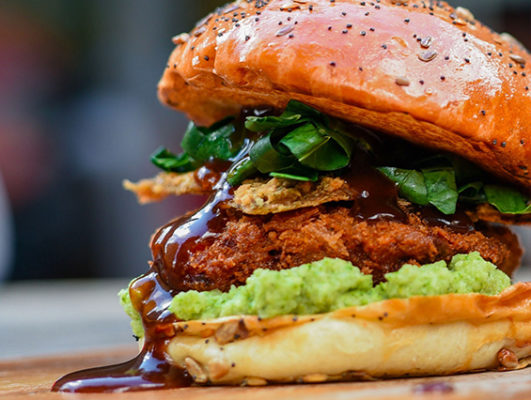

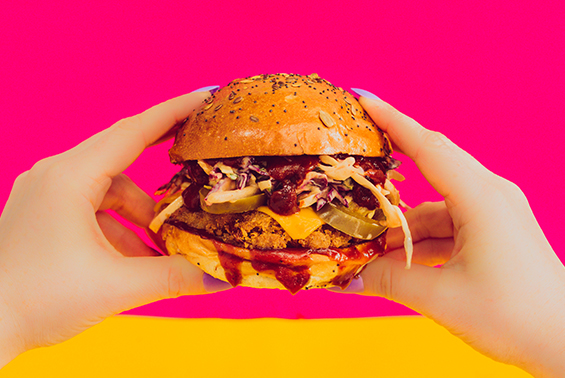
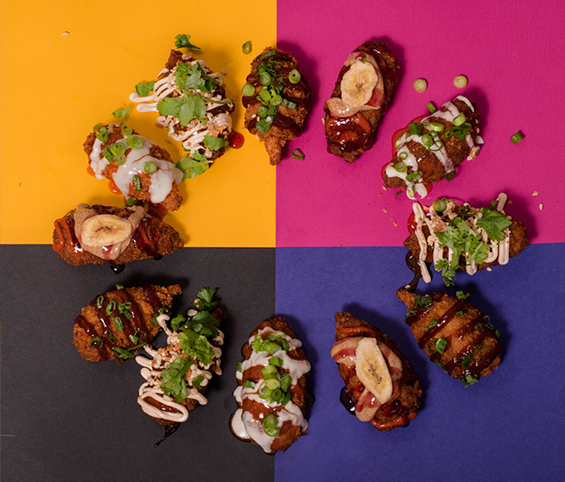
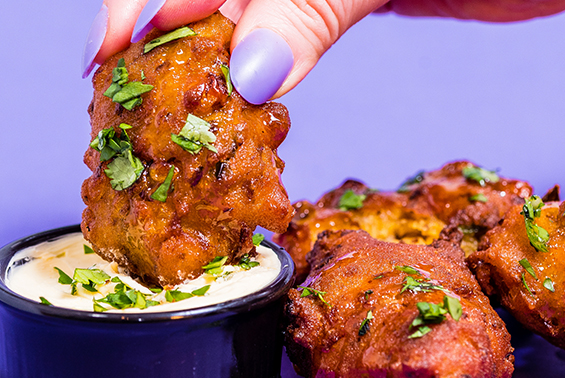

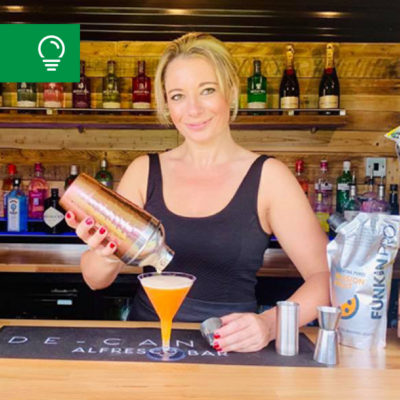
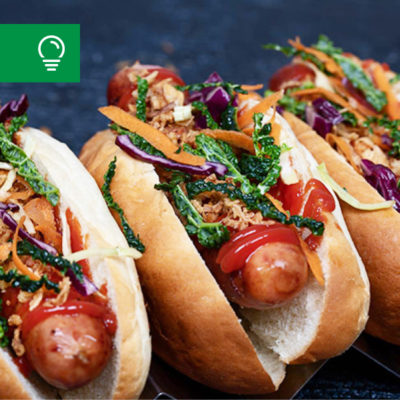
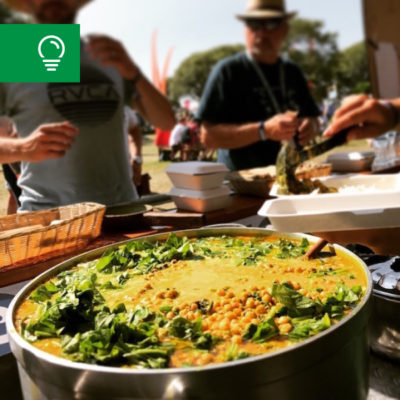
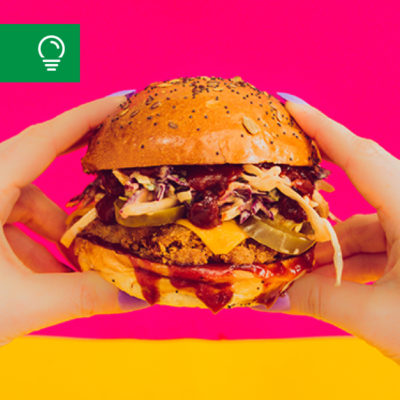
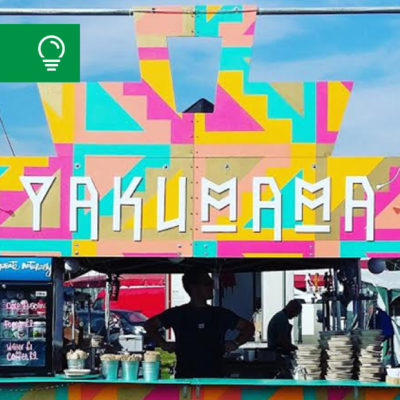
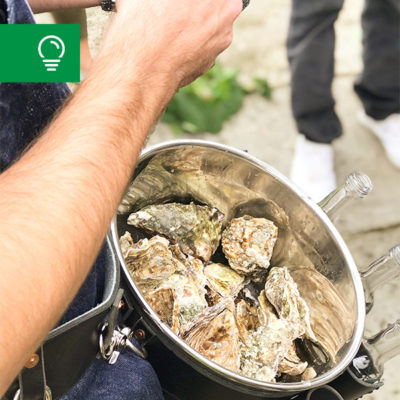
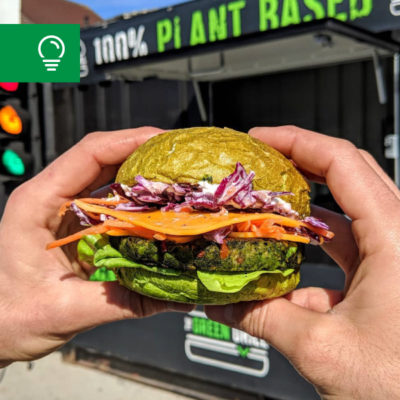
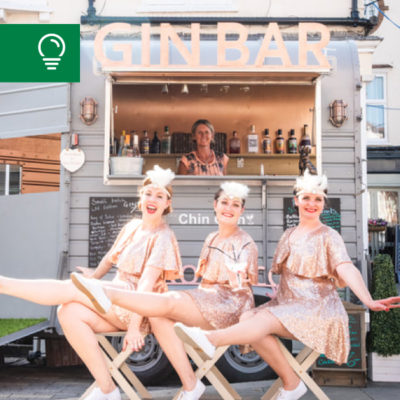
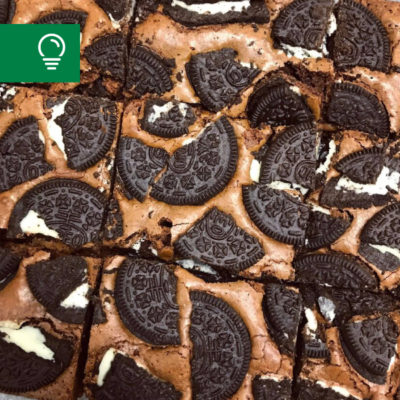
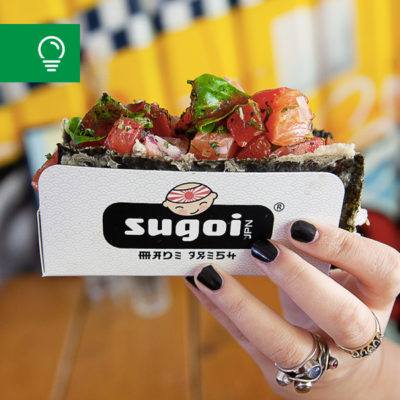


 Featured Training
Featured Training